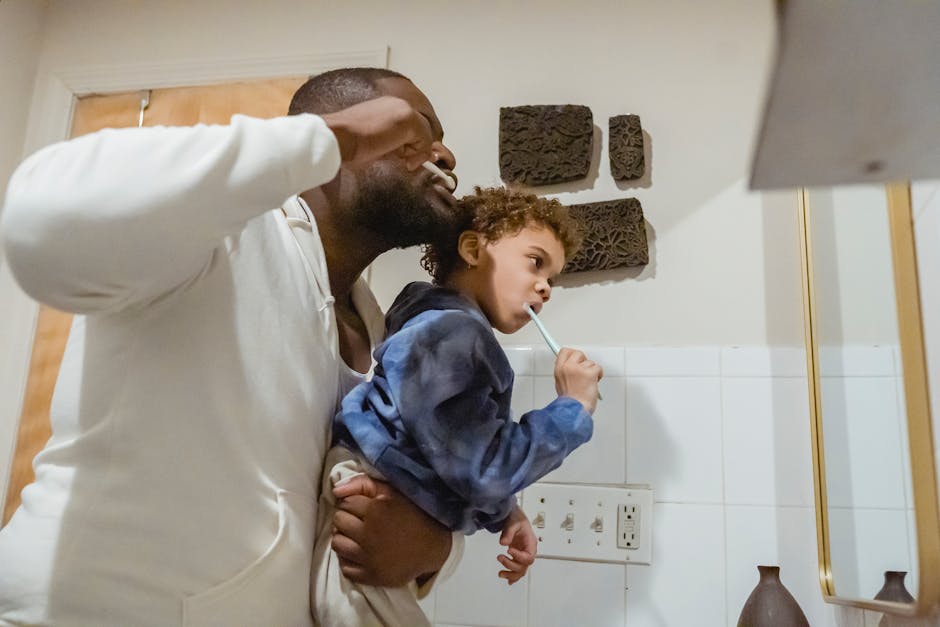How to Align Your Daily Habits With Your Personal Values
Many people set personal goals or make resolutions, yet struggle to stick with them because their daily routines don’t reflect what they truly care about. When your habits aren’t grounded in your values, it creates a disconnect that can lead to stress, dissatisfaction, and eventually burnout. Living in line with your values isn’t only a matter of discipline, it reflects a clear and steady approach to daily choices.
How you choose to spend your time should reflect what matters most to you, whether that's family, career development, health, or community involvement. Research from Stanford University shows that behavior change is more sustainable when it's tied to identity and values rather than external rewards (stanford.edu). Focusing on what genuinely matters helps you form habits that align with your values and create a deeper sense of direction.
Identifying what matters most to you
The first step is identifying what your personal values actually are. These are the beliefs and principles that guide your behavior and decisions. They often emerge from life experiences, upbringing, culture, or moments that shaped who you are today. Values might include honesty, independence, learning, compassion, or creativity.

A practical way to pinpoint your values is through self-reflection exercises. Ask yourself questions like:
- What motivates me to get out of bed each morning?
- What moments in life have brought me the most pride?
- When did I feel most frustrated or conflicted, what value was being challenged?
Tools such as the [tool name] are available to streamline the process.VIA Character Strengths Survey or Schwartz's Value Theory to get more clarity. After narrowing your list to 5–7 values, place them where you’ll see them regularly. They will become the foundation for evaluating and adjusting your current habits.
Auditing Your Current Habits
With your values identified, the next step is taking an honest look at how you currently spend your time. This is where many people discover misalignment between what they say matters and what actually happens day-to-day.
Track a typical week in detail: how much time is spent on work, social media, meals, exercise, sleep, conversations with family or friends? Compare this with your list of values.
If health is a top priority but there’s no regular movement in your routine, or if creativity ranks high yet days pass without any form of expression, these are gaps worth addressing. Research from the American Psychological Association shows consistent habits that match personal values are linked with lower anxiety and higher life satisfaction.
Building Habits Around Values
Once you've identified gaps between habits and values, you can begin crafting changes that bring better alignment. This doesn’t require a full lifestyle overhaul, starting small is often more effective for long-term success.
- Choose One Value-Focused Goal:Start with one value, if learning matters to you, set aside 10 minutes each day to read.
- Create Triggers: Tie new habits to existing routines, listen to educational podcasts during your commute or journal before bedtime.
- Remove Friction:Set out your workout gear the night before to make it easier to stick to your fitness routine.
- Track Progress: Use simple logs or habit-tracking apps like Habitica or Streaks. Seeing progress reinforces consistency.
- Review Weekly: Evaluate what's working and adjust where needed. Realignment doesn’t happen once, it’s ongoing.
The goal is to link each habit to a deeper personal value, not just a desired result like weight loss. When actions reinforce identity, motivation becomes intrinsic and sustainable.
Managing Competing Priorities
Inevitably, some values will compete for time and attention. You might prioritize both professional success and time with family, but work meetings frequently run into the evening and cut into dinner at home. Resolving these conflicts starts with acknowledging trade-offs instead of avoiding them.
A helpful strategy here is prioritization through context: which value needs more focus right now? Author Stephen Covey’s principle of “first things first” emphasizes aligning actions with what matters most in the current season, not necessarily forever. Shifting your focus periodically helps cover all important values over time without creating daily pressure.
You can also define boundaries clearly, for example: no emails after 7 PM if family connection is a priority during evenings. Communicating these boundaries can strengthen relationships while also reinforcing personal integrity.
Sustaining Alignment Over Time
Life events like graduating, starting a family, or switching careers often reshape what you consider important. That’s why it’s useful to revisit your values periodically and assess whether your routines still reflect them accurately.
An effective way to sustain alignment includes regular check-ins using simple reflection prompts such as:
- This week, did my actions reflect my priorities?
- Where did I feel tension between what I did and what I believe?
- What’s one small change I could make next week?
These reflections help course-correct gently rather than waiting for bigger disruptions like burnout or crisis to force change. According to Dr. Kelly McGonigal from Stanford University’s Center for Compassion and Altruism Research and Education (ccare.stanford.edu), self-compassion during habit formation increases resilience and commitment over time.
Building my routine around priorities like continuous learning and health has made each day more meaningful and eased the strain of constant decision-making. When I’m clear on my values and build habits that align with them, I spend less time and energy on decisions that aren’t important.
When your goals feel out of reach, adjust the everyday habits, your morning routine, the people you prioritize, and how you unwind in the evening. Small decisions add up, shaping a life that feels both purposeful and fulfilling.
Closing Remarks
Aligning daily habits with personal values requires clarity about what matters most and consistency in translating those ideals into everyday actions. Through reflection, honest assessment of current routines, intentional habit-building, and flexibility when priorities shift, it’s possible to live in greater harmony with yourself. The process is flexible, but staying true to your values helps make each day feel intentional instead of routine.